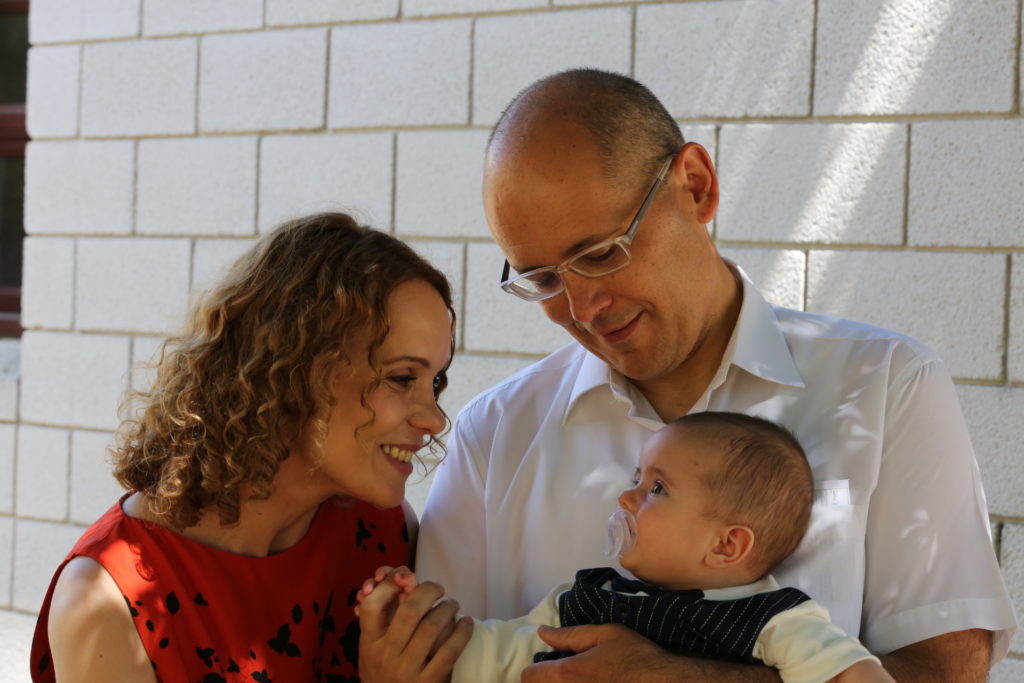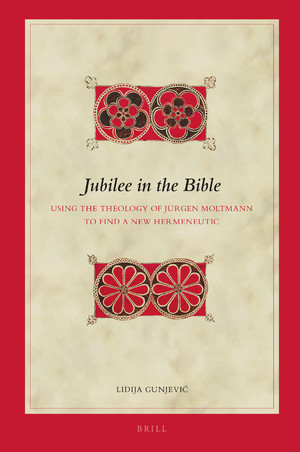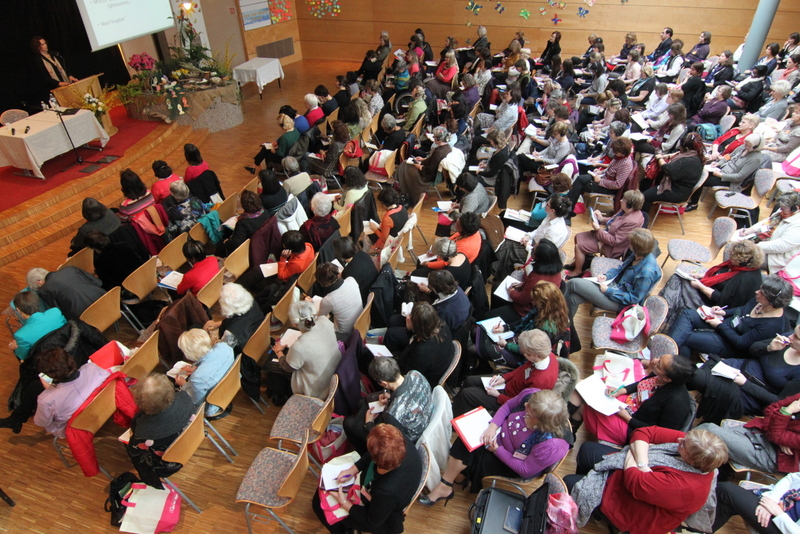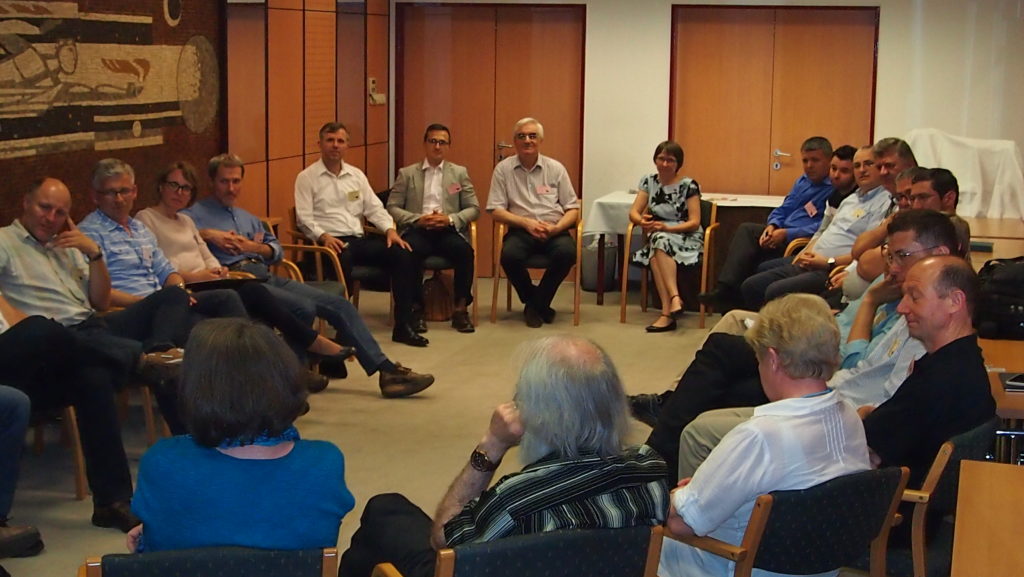The Central Eastern European Bible Commentary is another landmark Langham Literature project that is expected to take several years to complete and cost hundreds of thousands of pounds.
Recently Katharina Penner, the project coordinator, interviewed one of the theological editors and authors, Lidija Gunjevic from Croatia. She has already completed the commentaries on Jonah and Song of Songs and is currently working on Leviticus and Psalms 1-41.
Tell us about your background, and any aspects that you consider are important for your identity as Central Eastern European (CEE) Scholar.

I am from Croatia and I gained my Theology PhD from the University of Ljubljana in 2014. While I was working on my doctorate, I was accepted as a PhD visiting student by the University of Cambridge. My doctorate has been published and the title is
“Jubilee in the Bible: Using the theology of Jürgen Moltmann to find a new hermeneutic”.
I taught Old Testament (Pentateuch, Wisdom Literature, Leviticus, Ruth) and Biblical Hebrew at the Theological Faculty M.V. Ilirik in Zagreb, Croatia for seven years, until 2013. Since 2015, I’ve lived in Cambridge, England together with my husband Boris and our son Noah David. I have been involved in the work of Westfield House, Cambridge as a consultant for theological studies for more than four years.

My work has included teaching, supervising, doing administrative work, and taking care of student wellbeing. Beside theology, I am now focused on psychotherapeutic counselling in my work and studies. This is the reason why I have finished two years of counselling in Cambridge.
Why did you choose to participate in the CEEBC?
Since 1993 I have had a passion to study the word of God. While studying theology for my Bachelor’s, Master’s and Doctorate degrees, my focus was always on the Bible, especially on the exegesis of biblical texts. I have always been eager to find out something interesting and revealing about original texts, different translations and different interpretations of some particularly difficult biblical texts.
Even though I have been studying the word of God for more than 25 years I am still enjoying doing that. That gives me joy, insights, sense of meaning, purpose and guidance. Most of all, it deepens my relationship with the Lord.

When I was invited to participate in this project, I was very excited and ready to join in. This type of bible commentary is original and authentic, which is something that our region desperately needs to have. For me, as a theological editor and writer, it is very encouraging to work with various authors from CEE on this project which will help Christians in our region to understand the Bible better in a way that they can relate and apply it in their lives.
You are also an author for the commentary. Why did you choose the Bible books on which you write?
One of the books on which I am writing a commentary is the book of Leviticus. Most Christians perceive this book as the most boring book in the Bible. Even most serious Bible readers do not have much patience with Leviticus, so in most cases they skip reading it. For many Christians this book is a very strange, weird book.
One of the main reasons why I decided to study Leviticus and biblical jubilee while working on my PhD thesis was also the international movement called Jubilee 2000 that called for the cancellation of debts by Majority World countries by the year 2000. Their concept was derived from the biblical idea of the year of Jubilee in Leviticus 25. The biblical Jubilee was linked to a modern debt relief programme in the early 1990s. People like Bono Vox, Muhammed Ali and Bob Geldolf were involved in this global campaign. I think that was one of the most important global movements for social justice of our time.

Furthermore, I did not hear in CEE any preaching or teaching based on Leviticus for many years, so I decided to study this book in order to be able to read and understand it. The book of Leviticus is one of the most difficult biblical books but it reveals so many important things. It contains the truths about how God’s people can be reconciled and restored in their relationship with God and with one another.
This is very relevant for the Central and Eastern European transitional economies and for their societal problems. God is presented as a holy God who provides a way in which we can live together in his presence. Cultural symbols and moral purity in this book remind God’s people that the holiness of God affects every part and area of human life. Purity and holiness come to them and to us through God’s presence. But most importantly, without the book of Leviticus we cannot understand Jesus’ ministry as our great high priest, his sacrifice on the cross, death and resurrection.
Veuillez prier
Katharina has give us some points for prayer:
Veuillez prier that the summer months, July and August, will be very productive times for the editors. The manuscripts keep coming in, some on time and some not, but they are coming! Now it is up to the editors to engage the authors and their texts quickly and effectively. Many are simply too busy during the academic year so look forward to the summer when their schedules are somewhat less rigid.
“Veuillez prier for those authors who are writing articles. In these short and precise pieces, they must answer the questions: ‘Why and how is this topic relevant to Central Eastern Europe? And how will the article text contribute to a healthy church life and mission in Central Eastern Europe?’”
